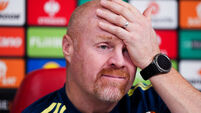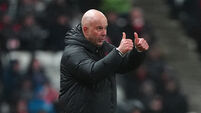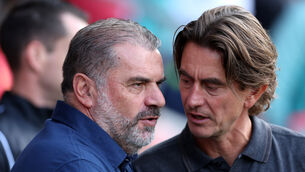Corkman at the forefront of new approach to teaching kids

In his role as head of youth development with AIK Stockholm, Cork native, Mark O'Sullivan, is at the forefront of a new wave of thinking around the coaching of children.
It is an approach where “the structure now matches the needs of the kids, rather than the kids having to match the needs of the structure.”














